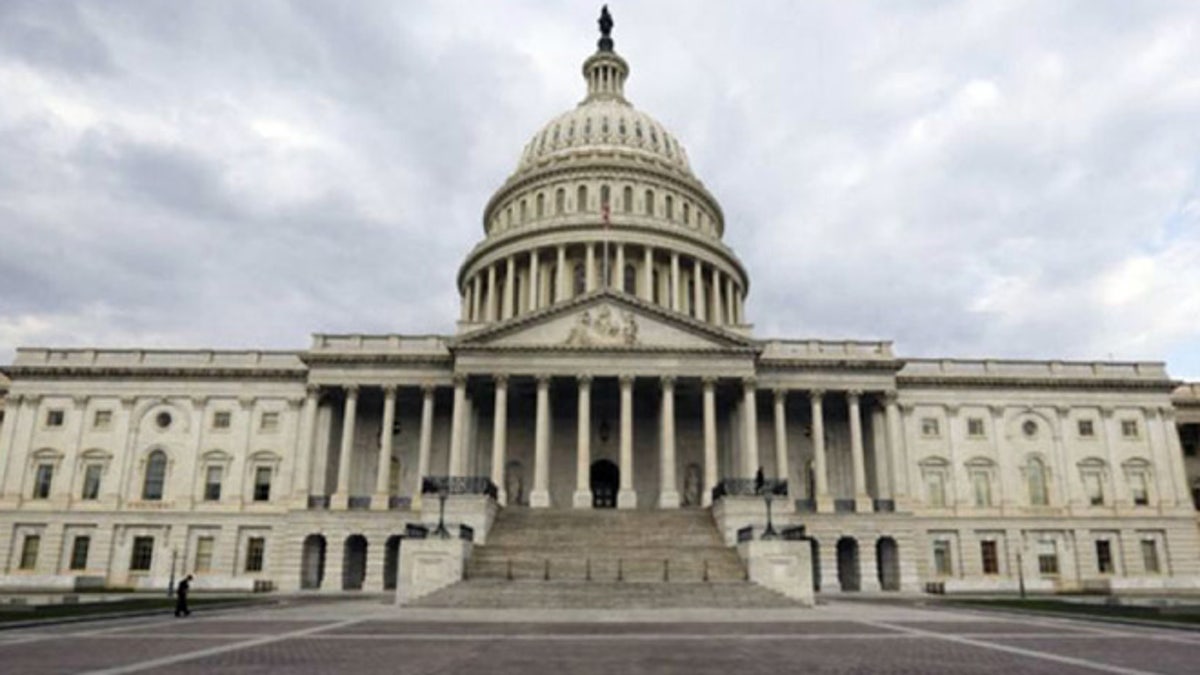
(Reuters)
As second in line to the presidency, the speaker of the House is one of the most influential people in all of government. Yet the process for filling this position is disturbingly opaque. Most Americans know more about how we choose the next Miss America than about the selection of the House speaker – or the House minority leader for that matter.
When we elect a president and a vice president, we engage in a prolonged cycle of discussion, news coverage, public debates, and campaigning. A new Supreme Court justice, as we just witnessed, is subjected to months of vetting, a public hearing, a committee vote, and an open and transparent floor vote.
But the speaker and minority leader? Not so much. These positions get a closed nomination process which too often involves just one candidate. The vote happens behind closed doors; not even the House members know the vote tally. This is followed by a public floor vote that almost always falls along party lines.
The election of one of the most powerful positions in all of government should not be done in darkness. But only the House can make this change. And only through public pressure and bipartisan demand is that likely to happen.
The re-election of Rep. John Boehner, R-Ohio, as House speaker in 2013, sparked no small amount of outrage among my base back in Utah. Many of my Republican colleagues got the same response in their districts. But Speaker Boehner had no challengers – there was no other Republican to vote for that year.
Too much is at stake for these elections to continue to be done in secret. Instead, the races for House speaker and House minority leader should be brought out into the open.
Existing leadership will hate this idea. They have spent years raising millions of dollars and secretly courting their colleagues to support them in these roles.
That’s why now is the time to demand a change, before we even know which party will control the House after the midterms.
Regardless of which party wins control, it’s expected that it will enjoy only a slim majority. We should demand that both the majority and minority parties make public the list of people seeking these powerful positions well in advance of the vote.
Keep in mind – the speaker of the House does not have to be a sitting member of the House of Representatives (although every House speaker thus far has been one). The parties can nominate anyone they believe has the leadership skills to get the job done.
Releasing that list in advance gives the members, the media, interest groups, and the public, a period of time to vet and research the candidates.
Prior to the internal nomination of a candidate by the parties, a public debate should be held and broadcast. In addition to questions about policy priorities, candidates should be asked to defend their party’s process for assigning committee chairmanships, and for improving the broken budget.
Bringing these questions out into the open may force Congress to deal with problems that have long been ignored. There are many important questions that should be answered in the light of day.
Finally, members should be accountable for their vote. The vote for a nominee to represent the party in the speaker’s race should be a public one, with the results made public. Then, once a single candidate emerges, members can come together to get behind their party’s nominee if they choose.
The speaker’s consequential responsibilities include overseeing the allocation of our $4 trillion annual budget, setting the policy agenda, setting House rules, and deciding which bills die and which ones get a vote. Both the speaker and the minority leader heavily influence committee chairmanships and assignments.
This is a constitutional office with duties and responsibilities that go beyond partisan interests.
The election of one of the most powerful positions in all of government should not be done in darkness. But only the House can make this change. And only through public pressure and bipartisan demand is that likely to happen.
If we want better government, we have to demand a better process.




















